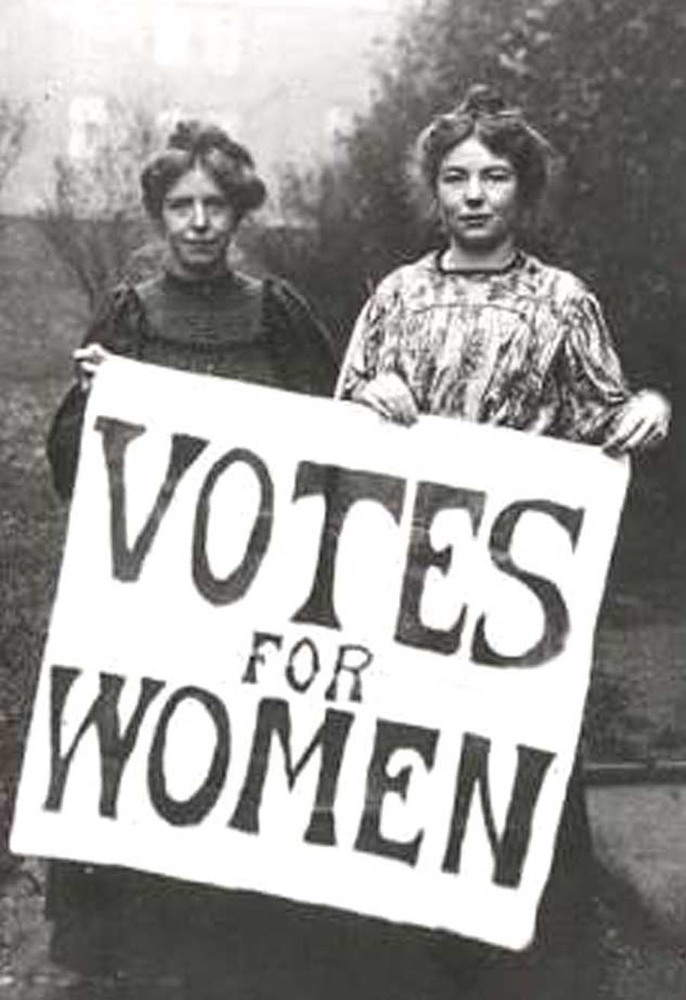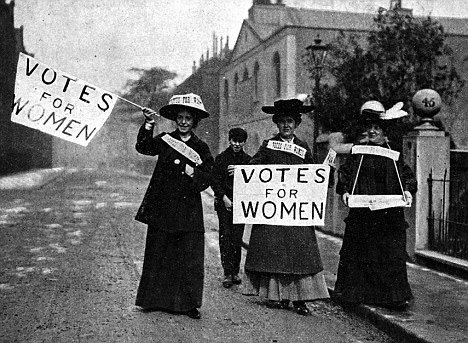Sign up for FlowVella
Sign up with FacebookAlready have an account? Sign in now
By registering you are agreeing to our
Terms of Service
Loading Flow


THE SUFFRAGETTE MOVEMENT
The Suffragettes wanted the right for women to vote.
The move for women to have the vote had really started in 1897 when Millicent Fawcett founded the National Union of Women’s Suffrage. “Suffrage” means the right to vote and that is what women wanted.
Millicent Fawcett believed in peaceful protest. She felt that any violence or trouble would persuade men that women could not be trusted to have the right to vote. Her game plan was patience and logical arguments. Fawcett argued that women could hold responsible posts in society such as sitting on school boards – but could not be trusted to vote; she argued that if parliament made laws and if women had to obey those laws, then women should be part of the process of making those laws; she argued that as women had to pay taxes as men, they should have the same rights as men and one of her most powerful arguments was that wealthy mistresses of large manors and estates employed gardeners, workmen and labourers who could vote……..but the women could not regardless of their wealth…..


However, Fawcett’s progress was very slow. This left many women angry and in 1903 the Women’s Social and Political Union was founded by Emmeline Pankhurst and her daughters Christabel and Sylvia. They wanted women to have the right to vote and they were not prepared to wait. The Union became better known as the Suffragettes. Members of the Suffragettes were prepared to use violence to get what they wanted.
In fact, the Suffragettes started off relatively peacefully. It was only in 1905 that the organisation created a stir when Christabel Pankhurst and Annie Kenney interrupted a political meeting in Manchester to ask two Liberal politicians (Winston Churchill and Sir Edward Grey) if they believed women should have the right to vote. Neither man replied. As a result, the two women got out a banner which had on it “Votes for Women” and shouted at the two politicians to answer their questions. Such actions were all but unheard of then when public speakers were usually heard in silence and listened to courteously even if you did not agree with them. Pankhurst and Kenney were thrown out of the meeting and arrested for causing an obstruction and a technical assault on a police officer